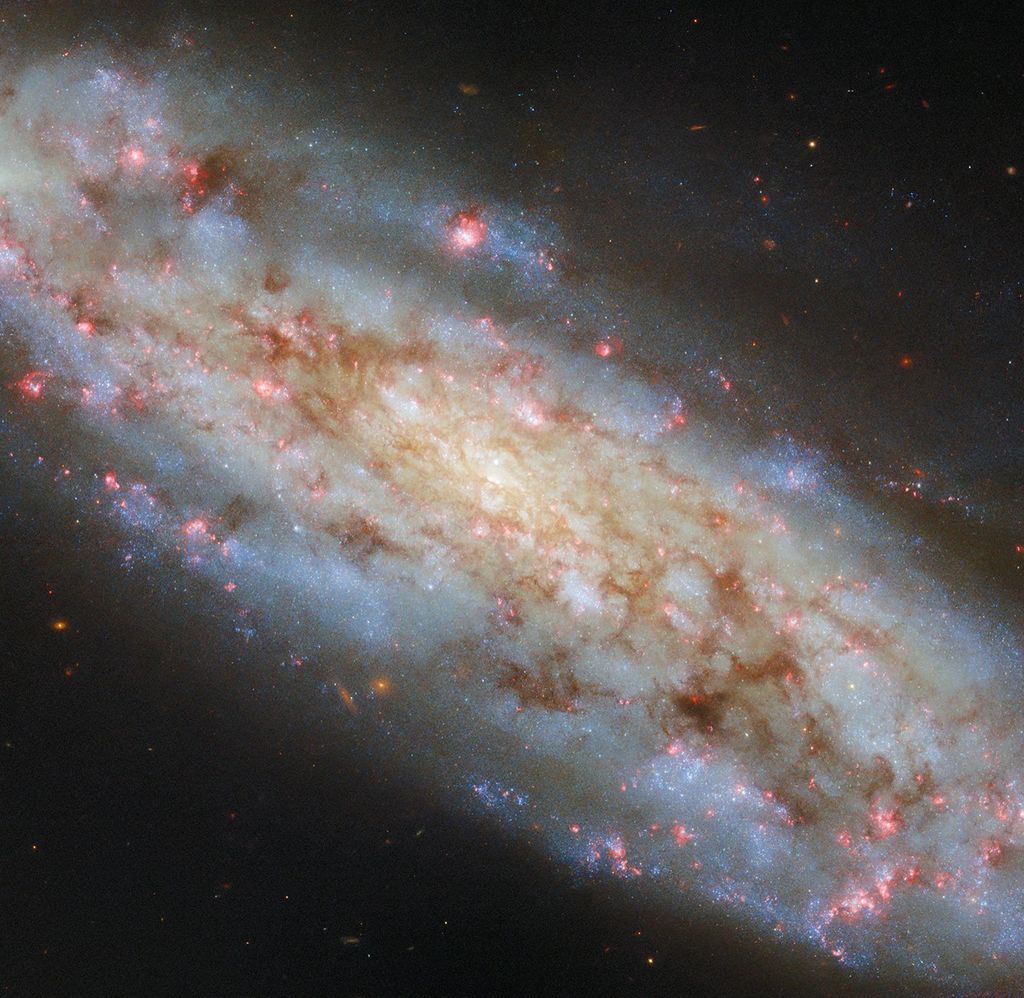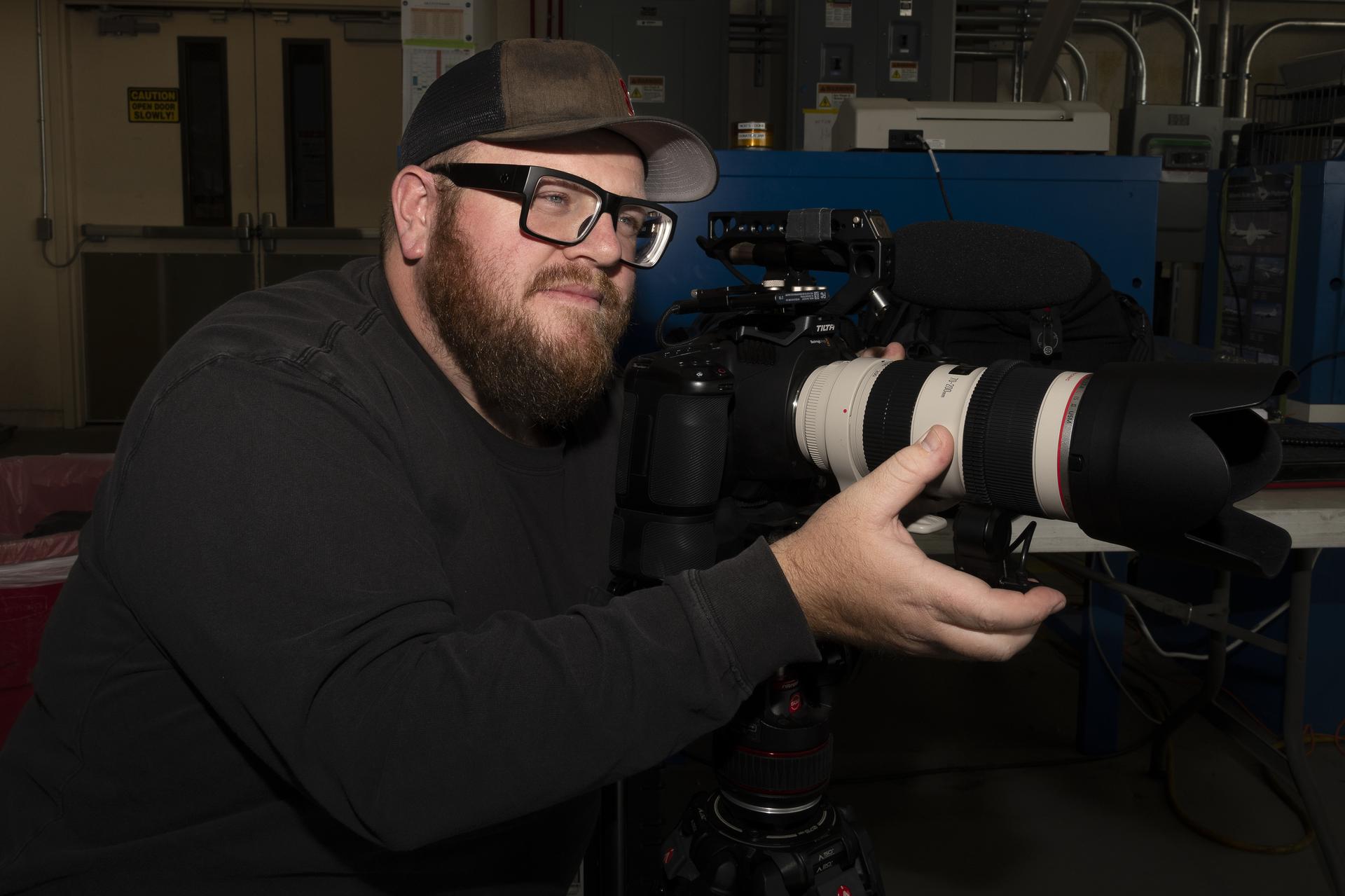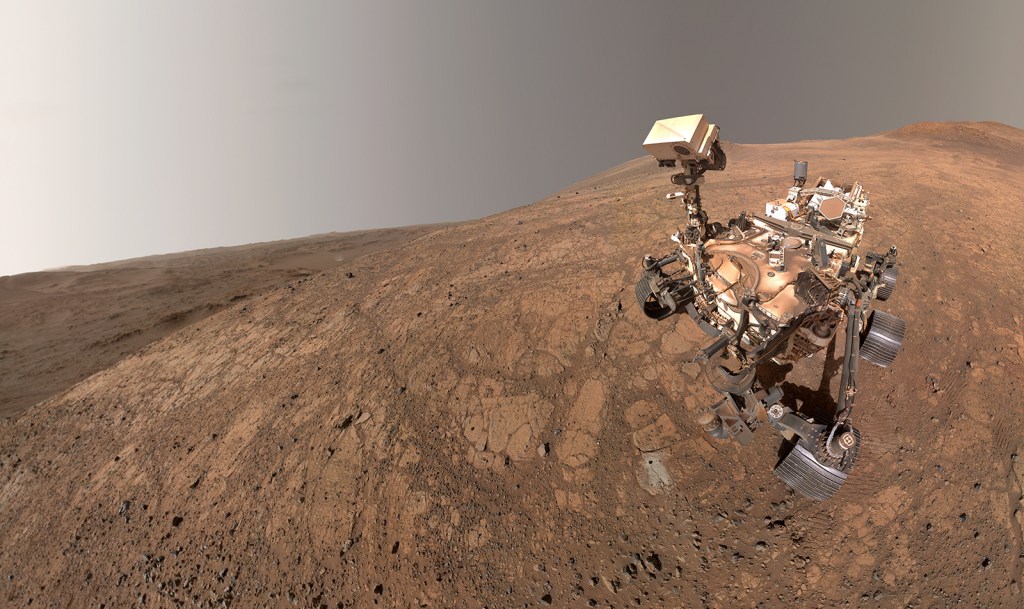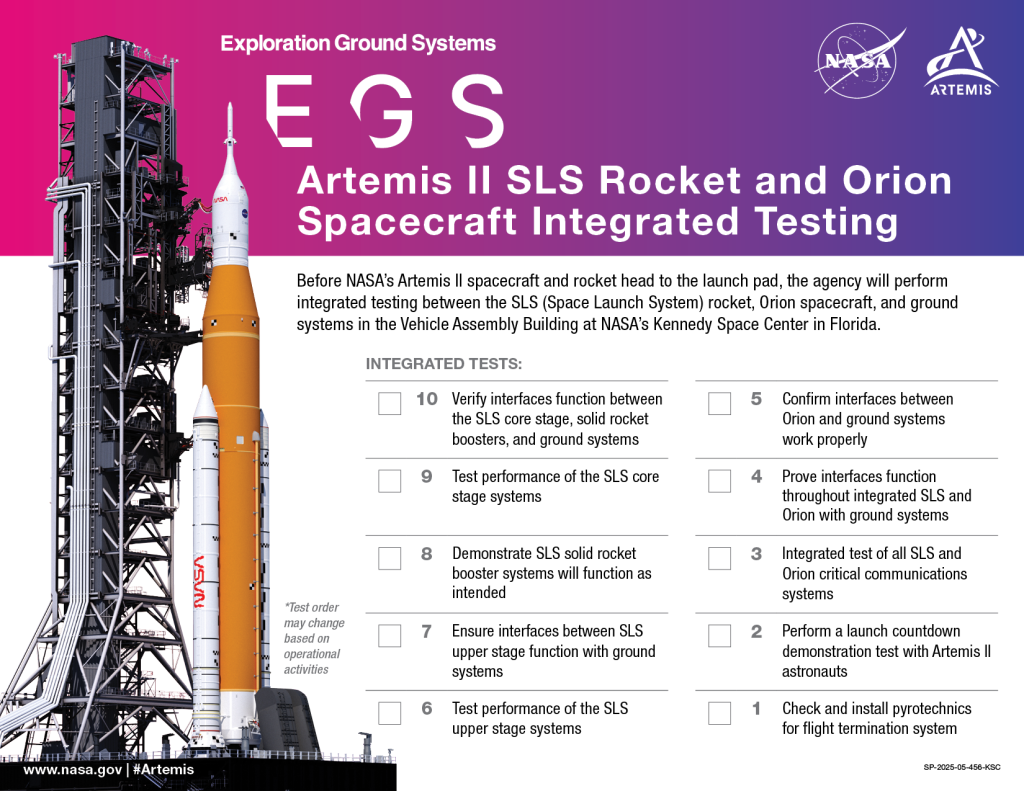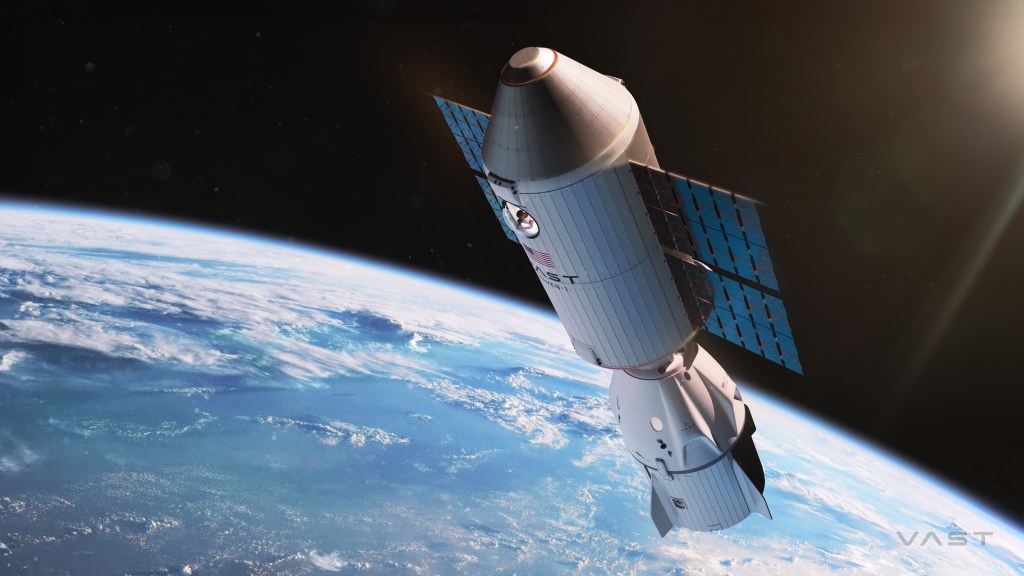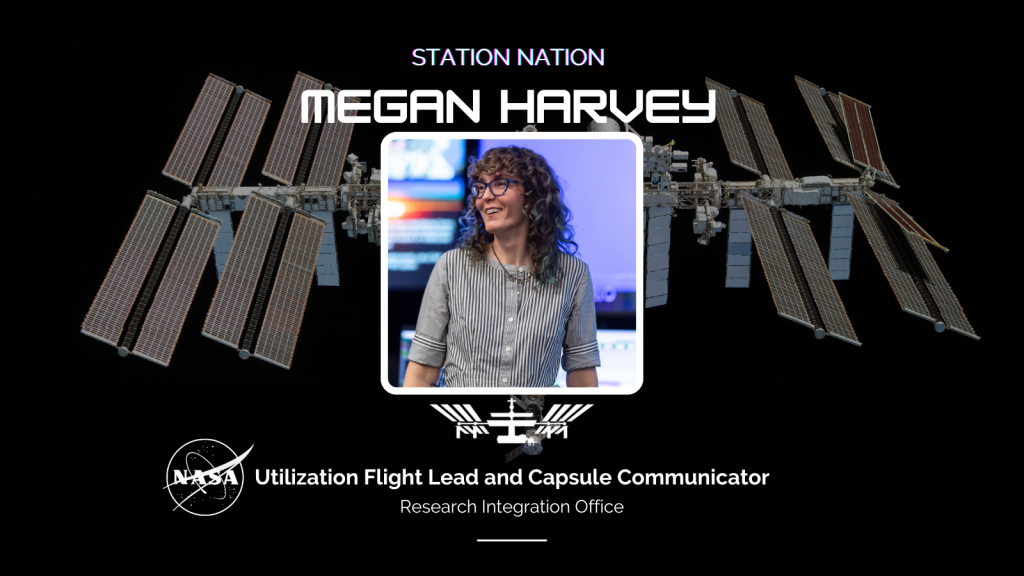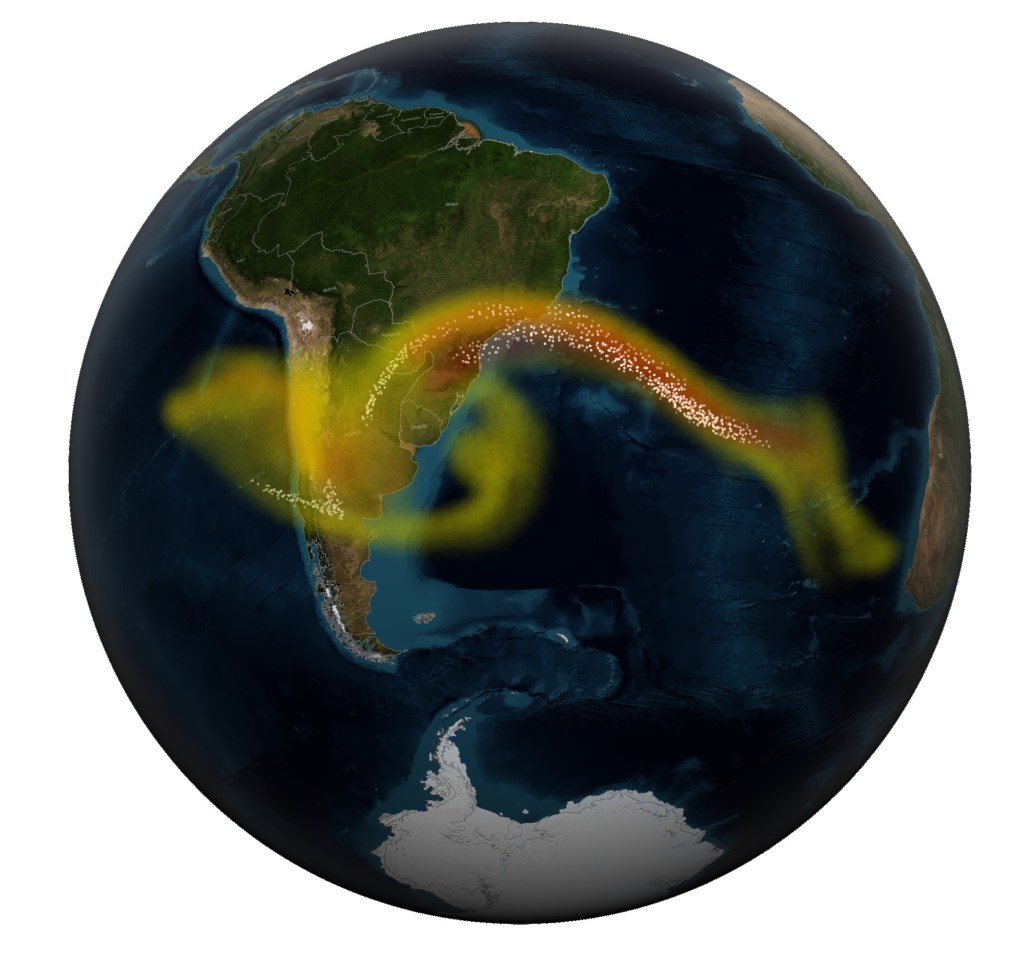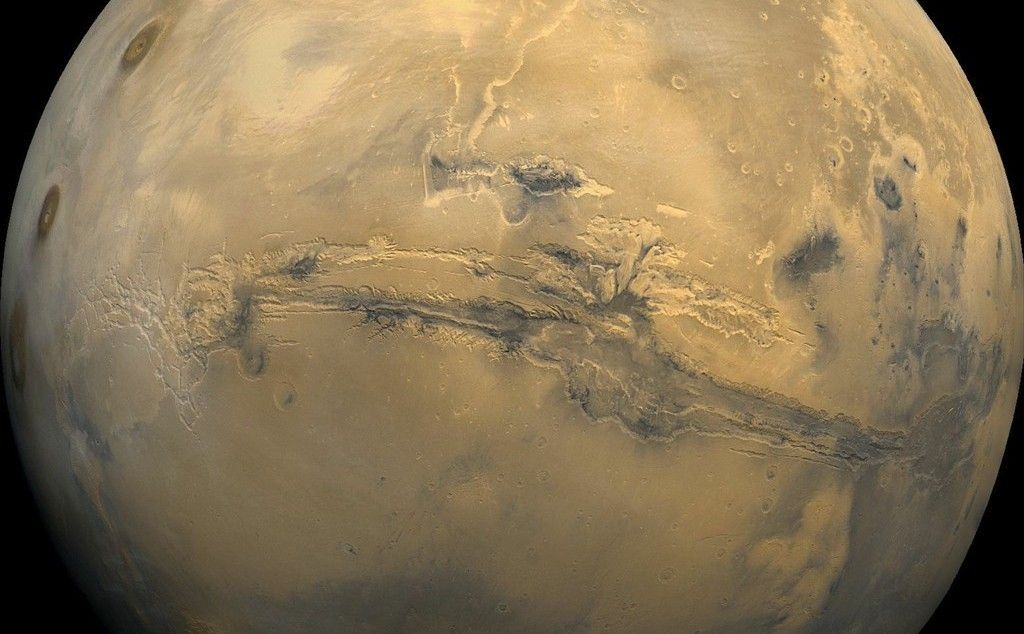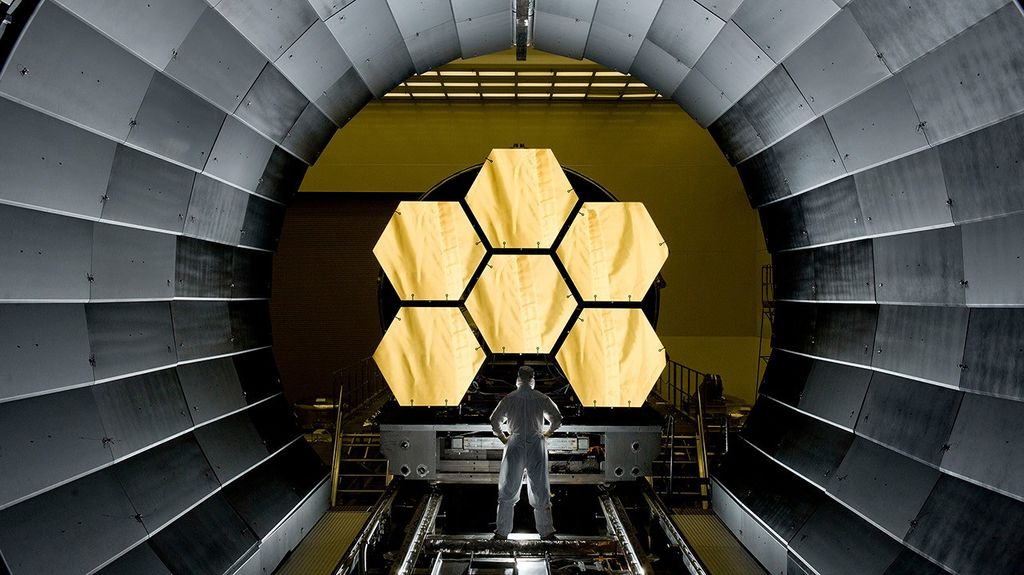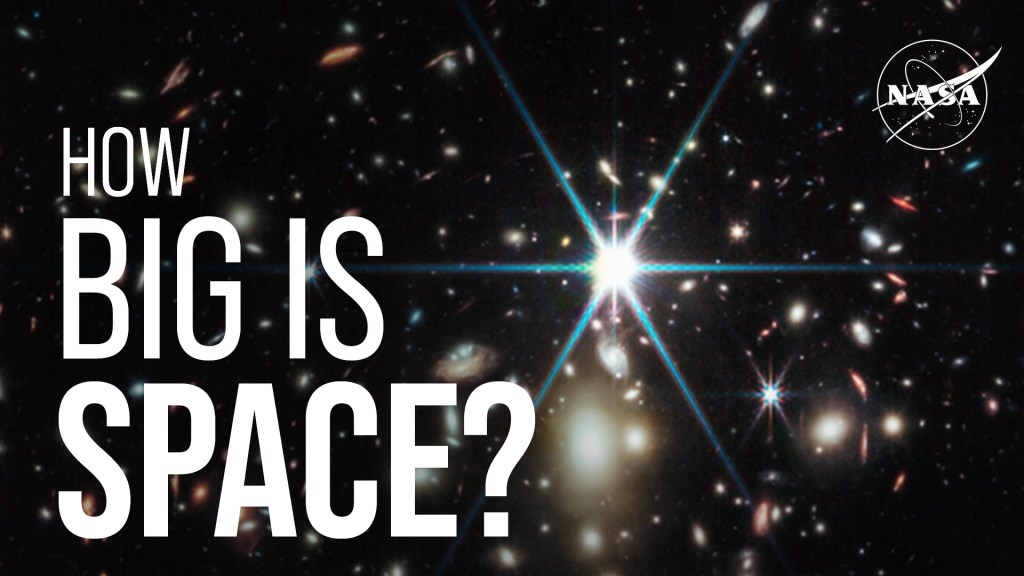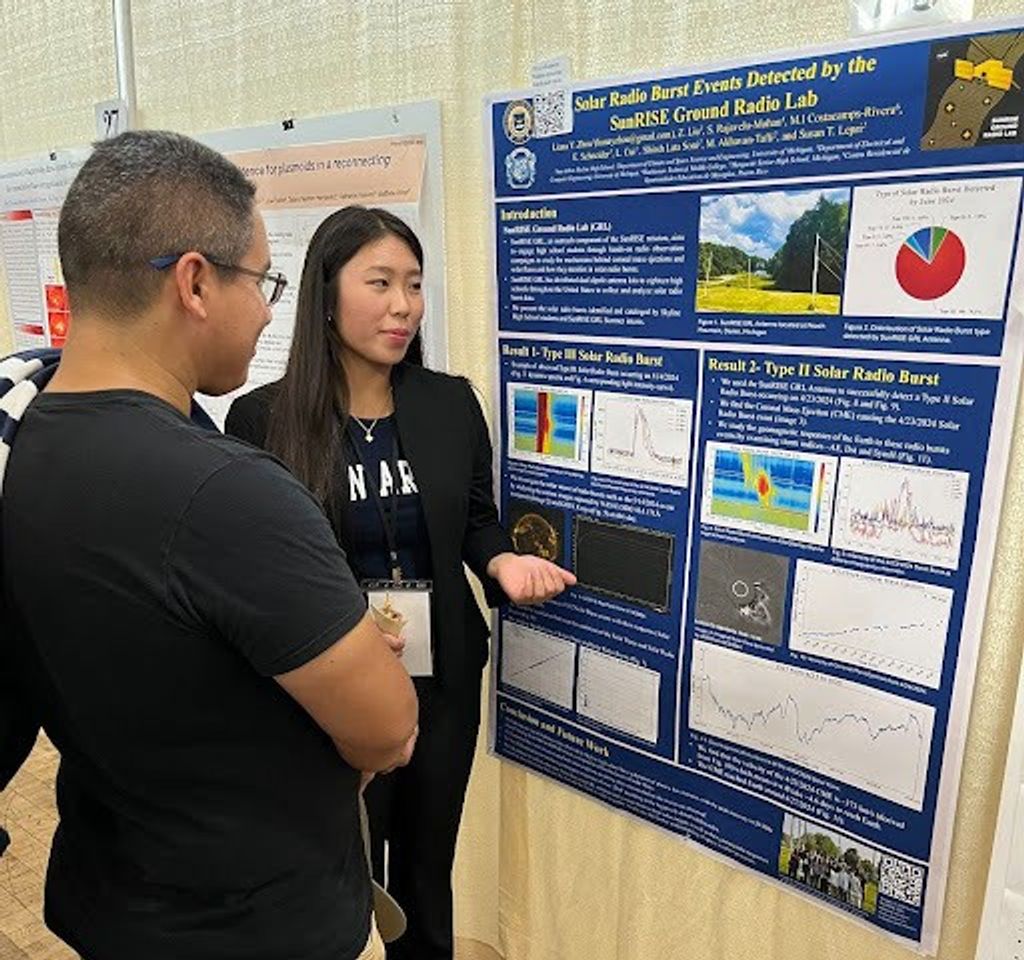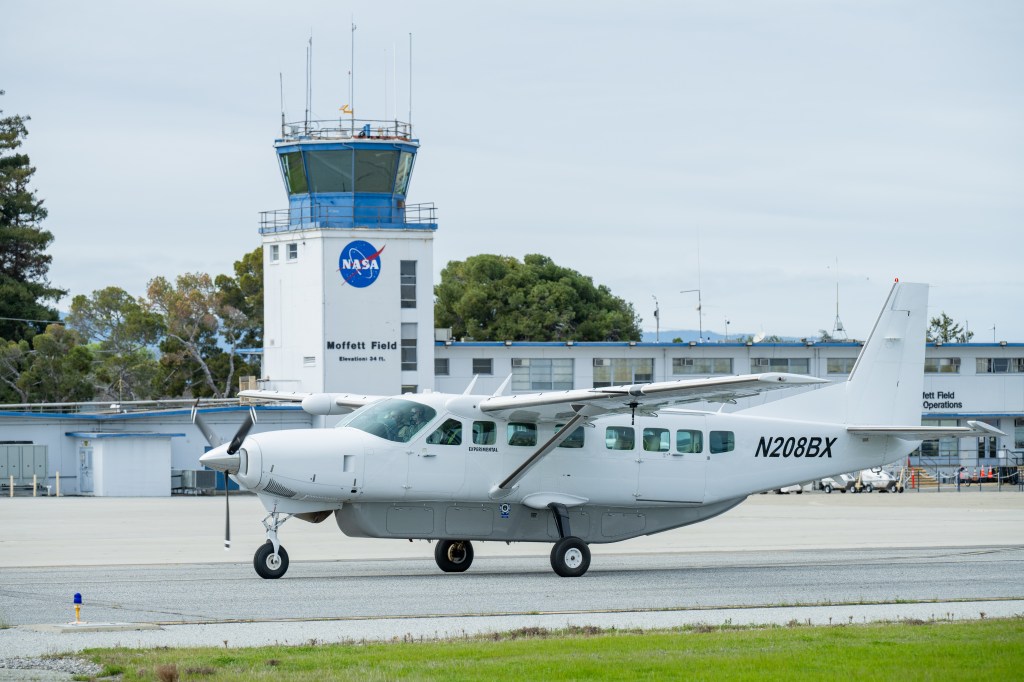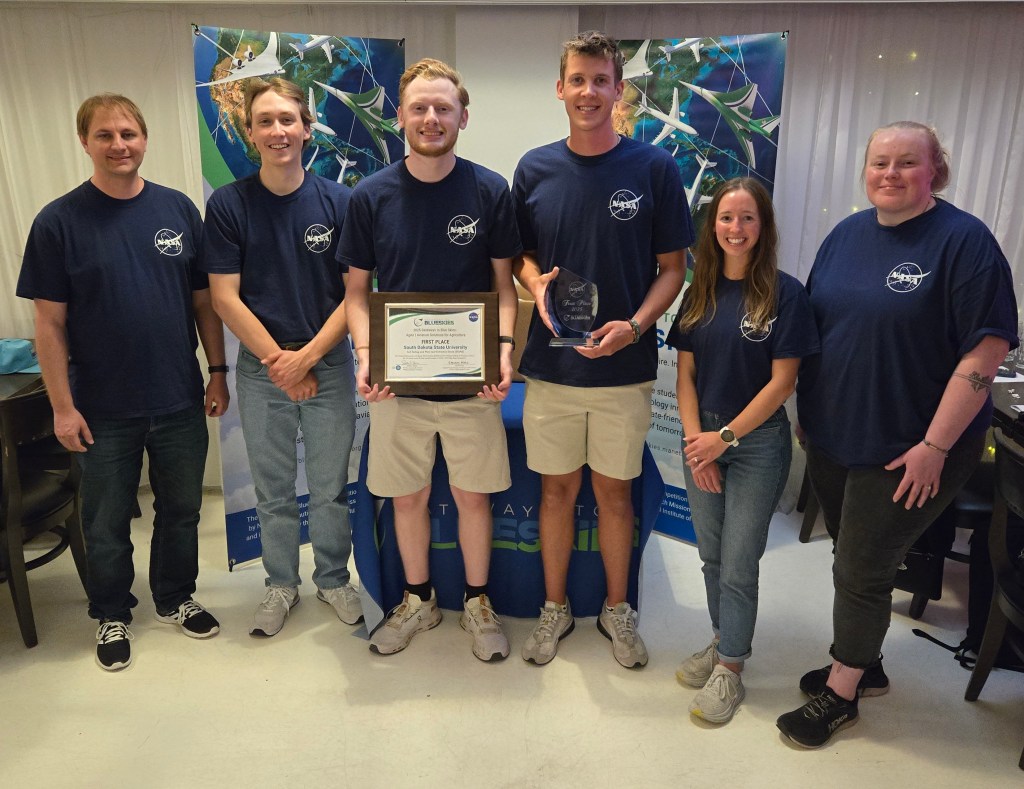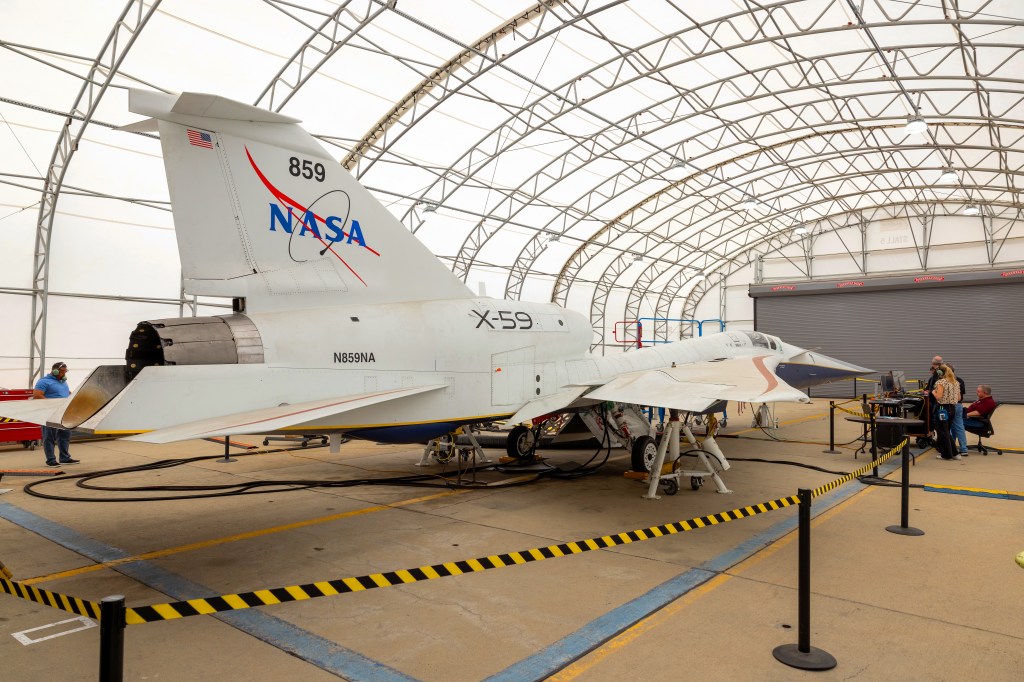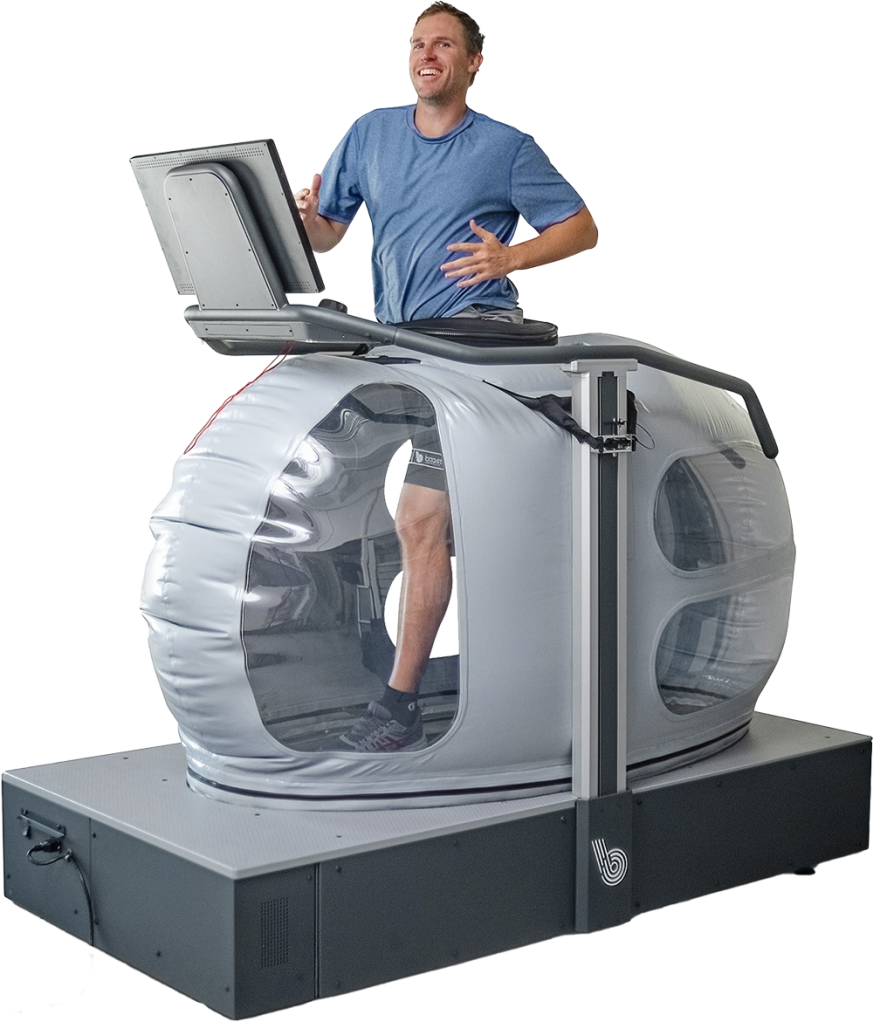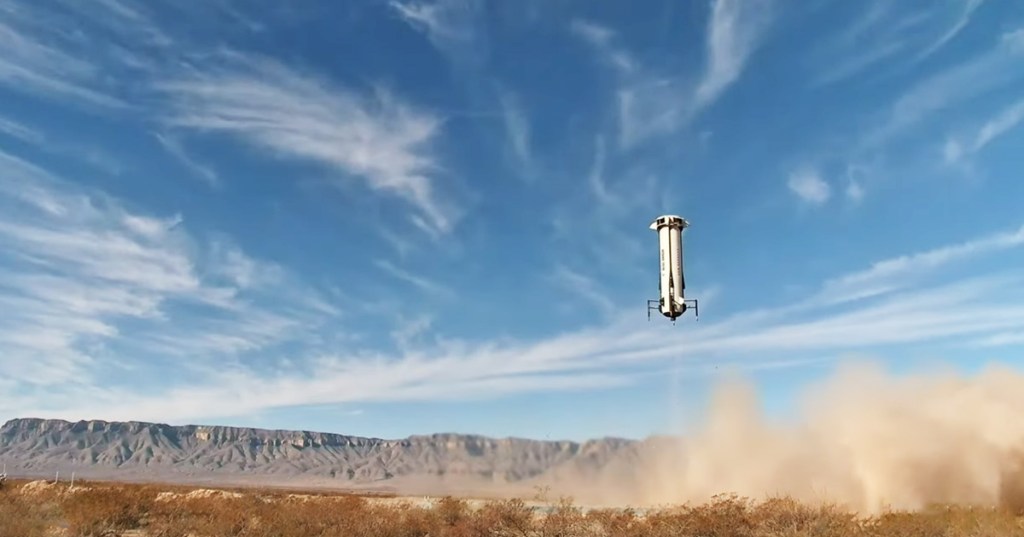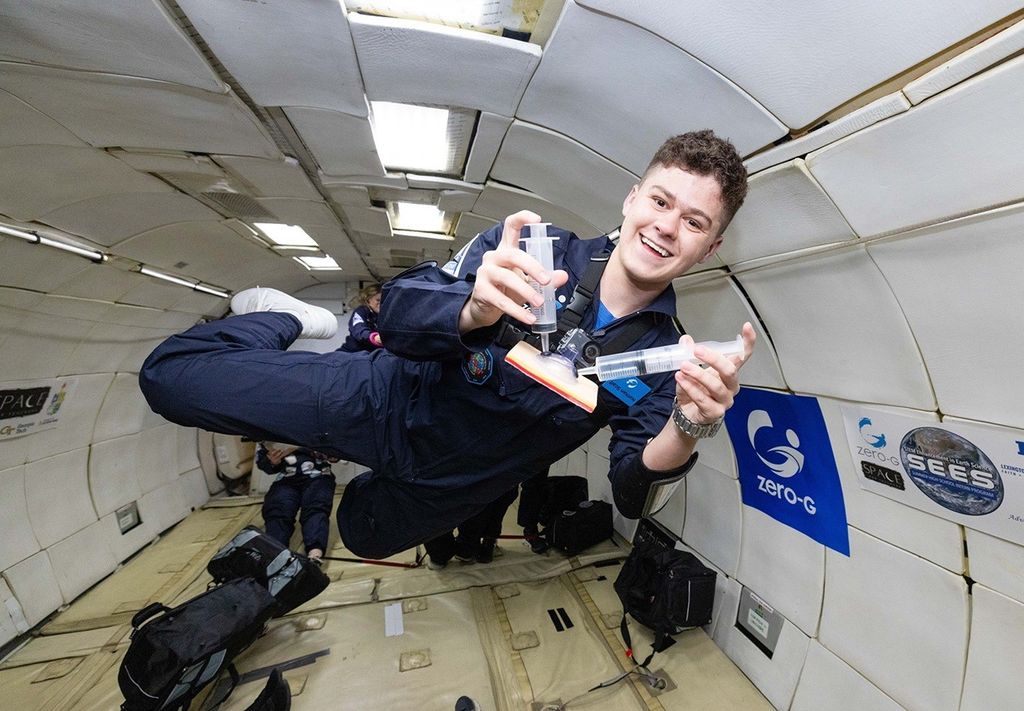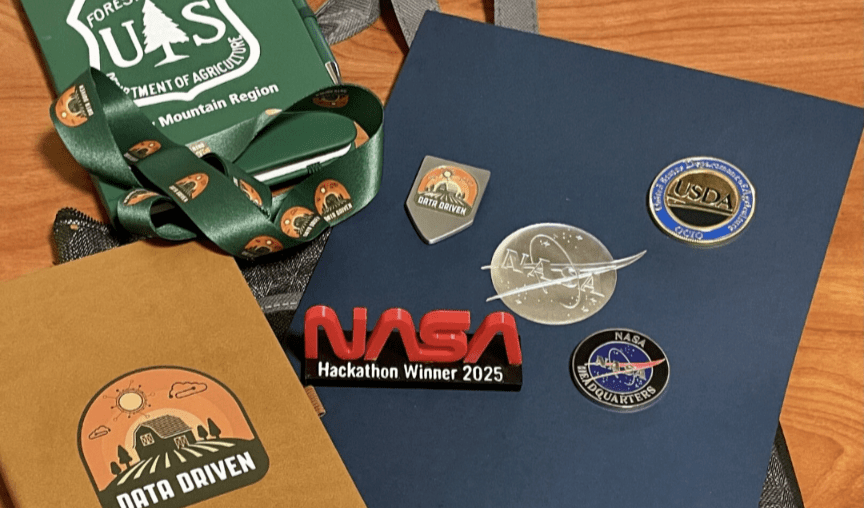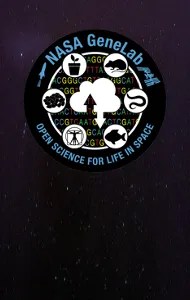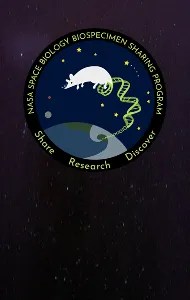Open Science Data Repository
The NASA Open Science Data Repository (OSDR) enables access to space-related data from experiments and missions that investigate biological and health responses of terrestrial life to spaceflight. The goal of OSDR is to enable multi-modal and multi-hierarchical fundamental space life science data be reused toward basic science, applied science, and operational outcomes for space exploration and knowledge discovery. These data include ‘omics, phenotypic, physiological, behavioral, hardware, environmental telemetry; raw, processed; tabular, text, code, bioimaging, and video.
Learn More About OSDRExplore and Contribute
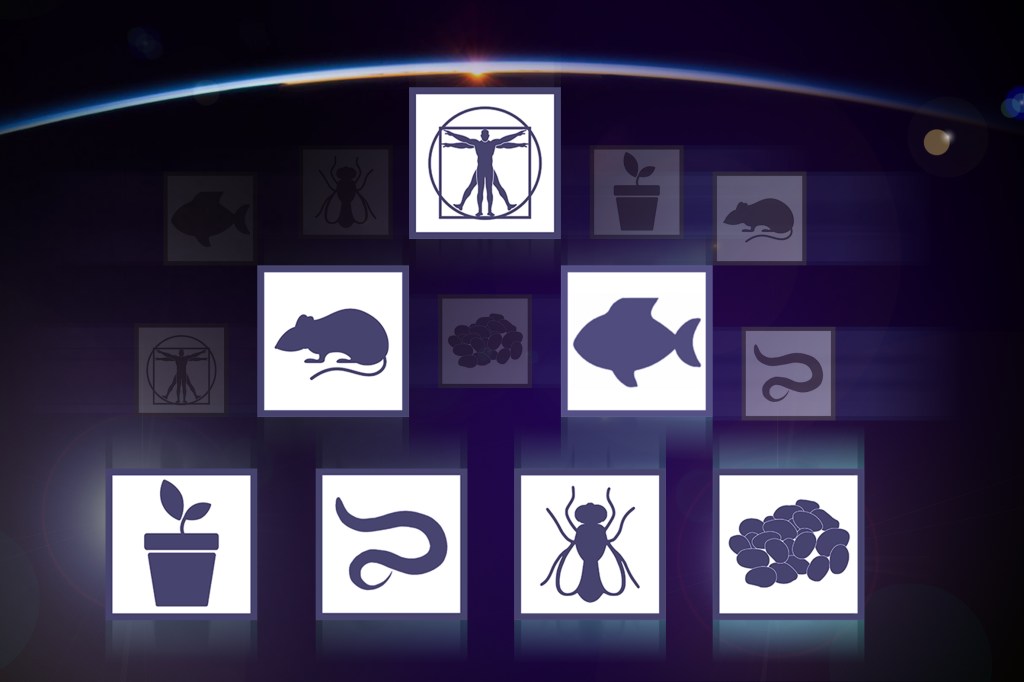
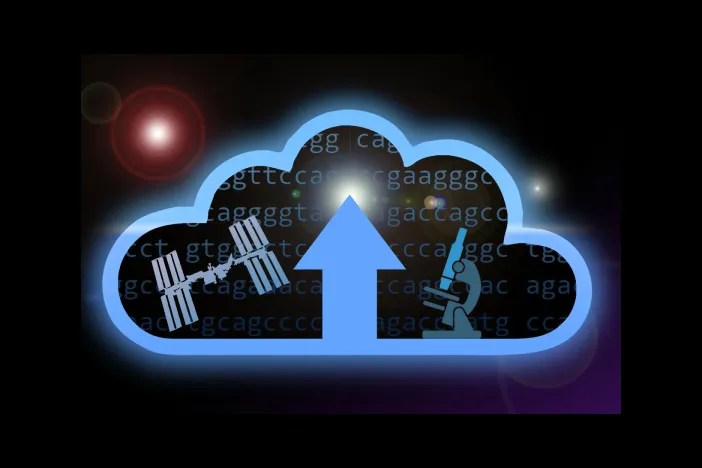

Latest News
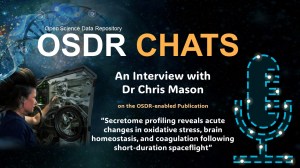
OSDR Chats Featuring Dr Chris Mason’s Latest Publication Welcome to “OSDR Chats,” an interview series featuring authors of publications that…
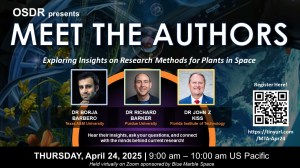
Meet the Authors: Exploring Insights on Research Methods for Plants in Space Welcome to “Meet the Authors”! This series is…
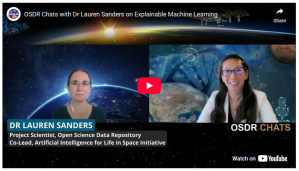
OSDR Chats: Dr Lauren Sanders Presents Latest Research in this OSDR-Enabled Publication Welcome to “OSDR Chats”, an interview series with…
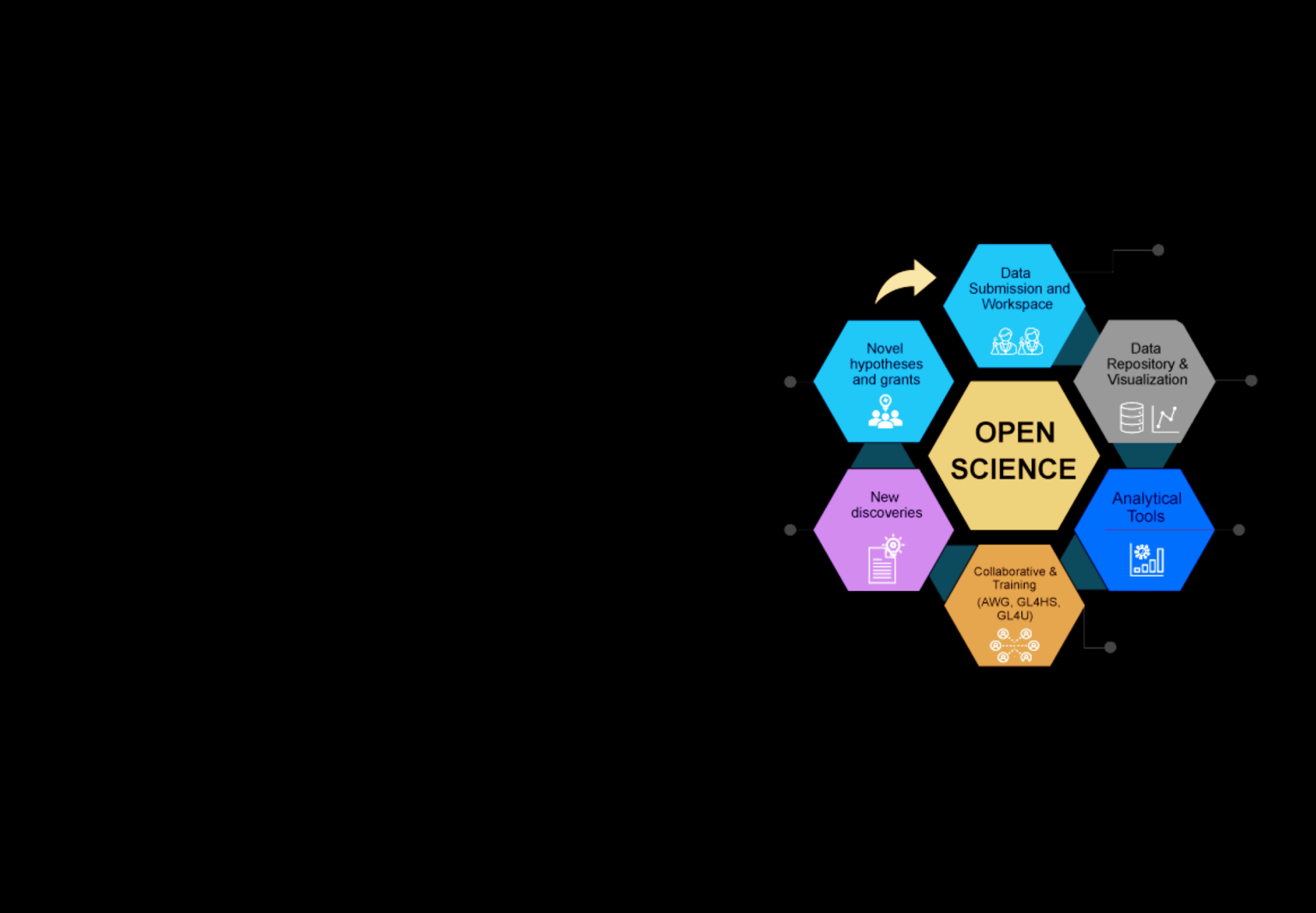
By the Numbers
NASA Open Science Data Repositories expands scientists’ access to space-related experiments that explore the biological response of terrestrial biology to spaceflight environments. Our mission is to maximize the utilization of the valuable biological research resources and enable new discoveries.
TODAY
Studies
Datasets
Latest Datasets
Publication Highlight
NASA open science data repository: open science for life in space
NASA’s Open Science Data Repository, formed by merging the Ames Life Sciences Data Archive with GeneLab in 2021, enhances access to diverse space biology and mission data through improved tools and open science principles. It supports global collaboration and research on the effects of spaceflight on biological systems, advancing human readiness for deep space missions.
Learn More about Publication Highlight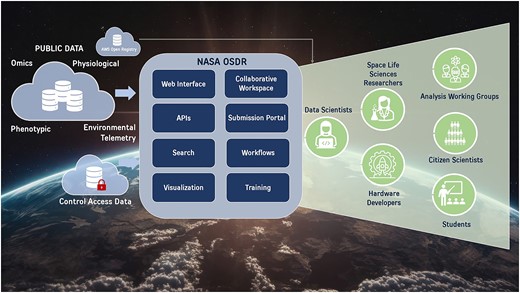
Visualization Tools
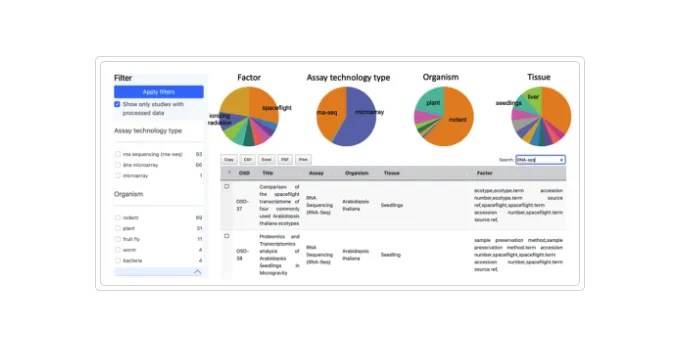
Data Visualization
GeneLab’s latest software release includes a new visualization portal to interact with gene expression data from space-related omics experiments. The enhanced portal includes a new search interface, new plots and layout, and advanced settings to customize the plots.

RadLab
RadLab is a portal that aims to provide a single point of access to radiation telemetry data from multiple databases maintained by multiple space agencies.
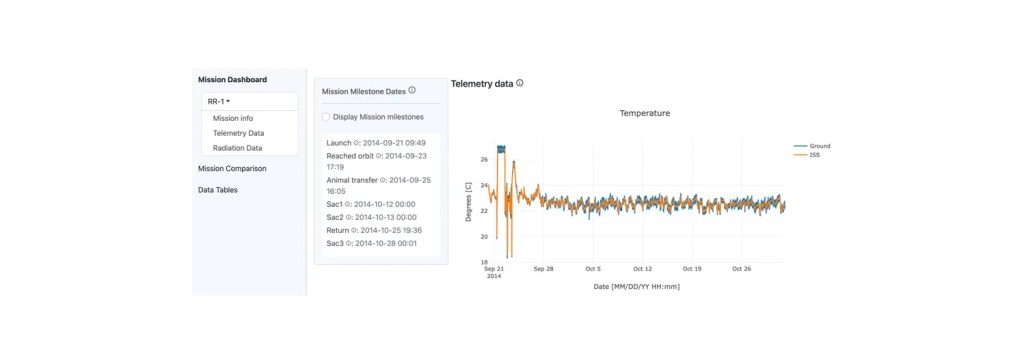
Environmental Data App (EDA)
The Environmental Data App (EDA) is a portal where users can visualize and compare ISS (International Space Station) cabin environmental telemetry data and radiation data gathered from spaceflight missions.
Testimonials
Paola Castaño, University of Exeter
“The NASA Open Science Data Repository could have remained as a data archive, but has become a crucial living core of the space biology research program. The Analysis Working Groups are expanding the space biology community bringing new researchers into the field and expanding the realms of expertise relevant for space biology”.
Read more testimonials about Testimonials
Open Science Projects
Open Science Projects primary goals aim to increase collaborative scientific data sharing, analysis, and more rapid scientific advancement.

